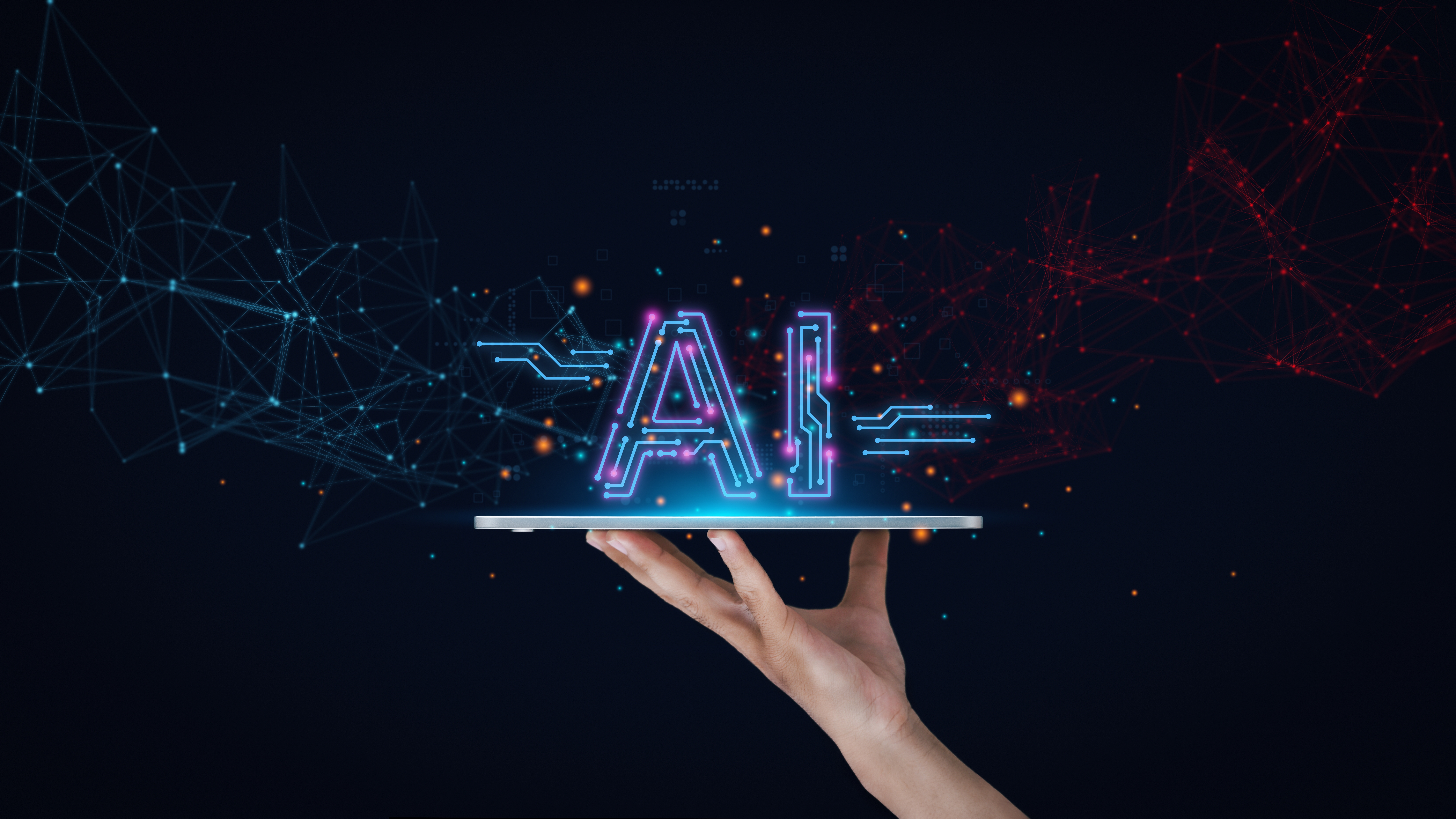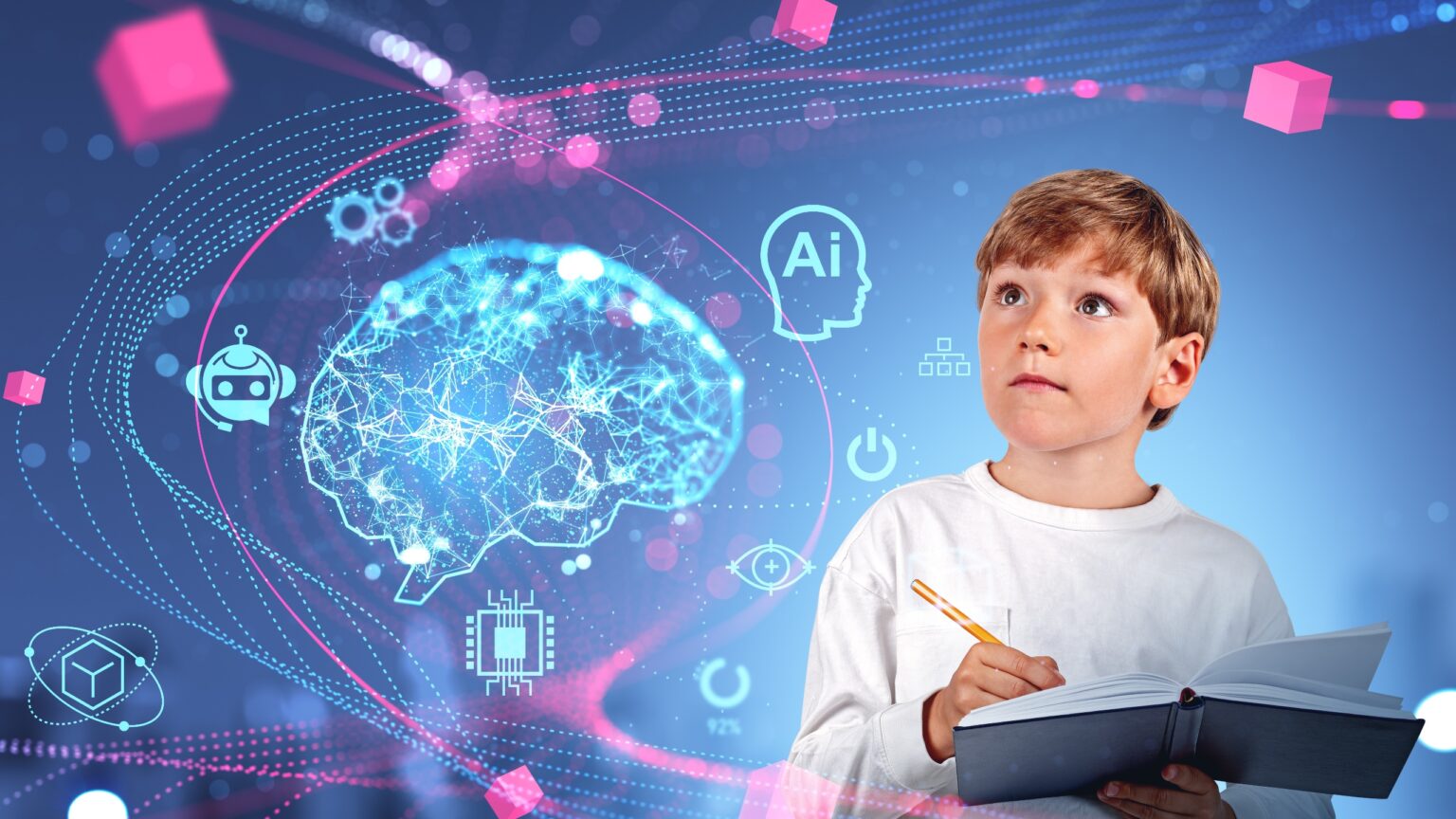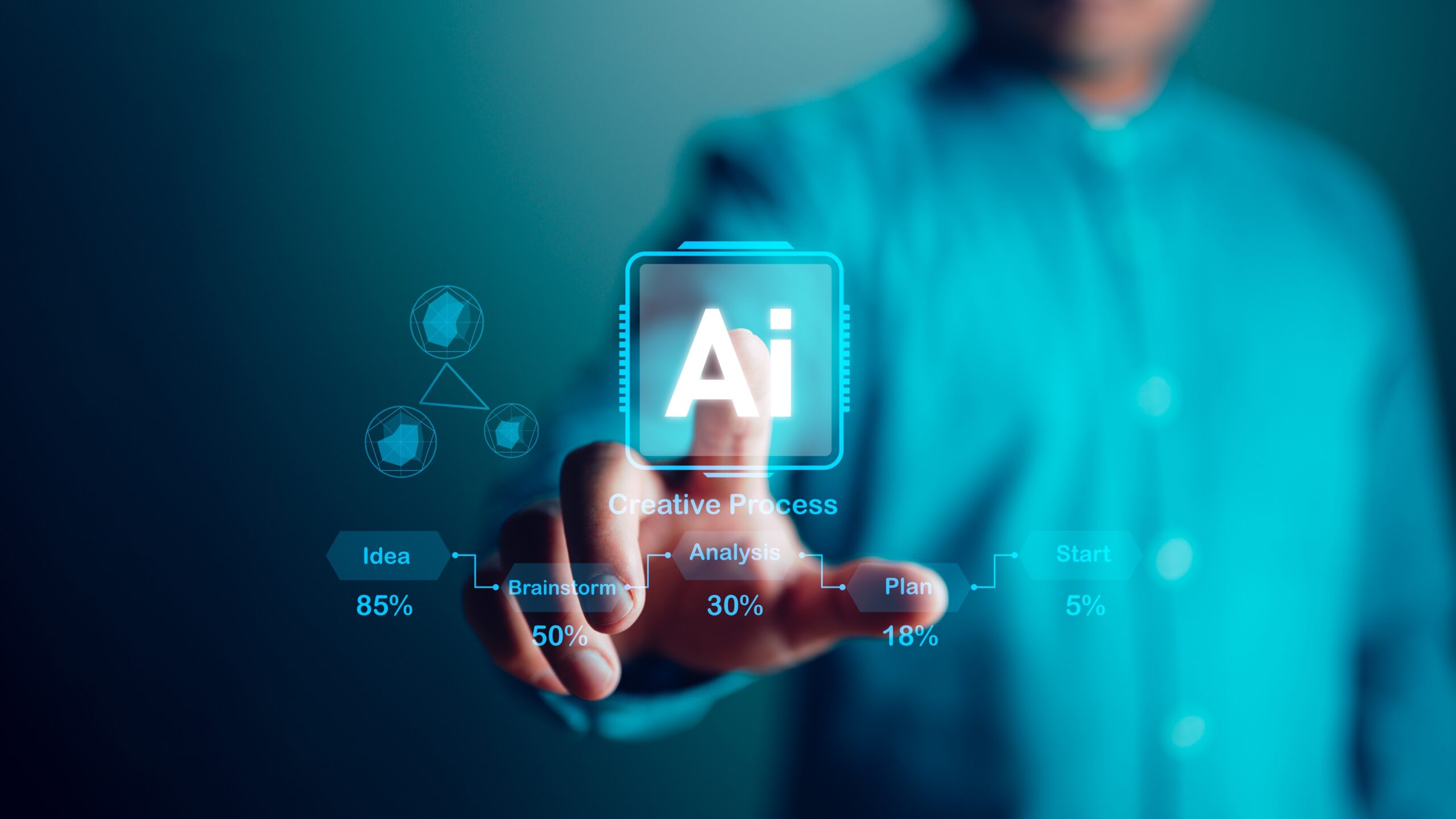AI systems pose an existential threat to society, with the continued pace of development “utterly reckless,” according to one U.S. academic.
The comments coincided with the release of a cautionary new report authored by 23 senior experts. The report “Managing AI Risks in an Era of Rapid Progress,” released on Tuesday, warns of increased injustice, the erosion of social stability, and an end to our understanding of reality.
Great risks
A group of AI experts, including two “godfathers” in the field, are behind a new report warning about the dangers of the technology.
Stuart Russell, professor of computer science at the University of California, Berkeley, was among the experts to co-author the document.
“It’s time to get serious about advanced AI systems,” Russell told The Guardian on Tuesday. “These are not toys. Increasing their capabilities before we understand how to make them safe is utterly reckless. There are more regulations on sandwich shops than there are on AI companies.”
Other co-authors of the document are Geoffrey Hinton and Yoshua Bengio, regarded as two of the three “godfathers of AI.” In 2018, they won the ACM Turing Award for their work on the topic.
The report makes for alarming reading, citing a number of potential pitfalls as artificial intelligence continues to advance. One concern raised by the authors is the near-limitless potential of the technology, which could even develop beyond our understanding.
“There is no fundamental reason why AI progress would slow or halt at the human level,” said the report.
The authors point out that in narrow domains such as protein folding or strategy games, AI has already surpassed humans. The report goes on to add that “we must take seriously the possibility that generalist AI systems will outperform human abilities across many critical domains within this decade or the next.”
AI built by AI
While AI systems currently have limited autonomy, work is underway to change that. Some AI systems go as far as to build and program themselves, leading to the possibility of AIs built by AI.
Those systems could pursue goals humans fail to anticipate.
As the report states, “Once autonomous AI systems pursue undesirable goals, embedded by malicious actors or by accident, we may be unable to keep them in check.”
“Advanced autonomous AI systems will pose unprecedented control challenges,” added the authors. “Without sufficient caution, we may irreversibly lose control of autonomous AI systems, rendering human intervention ineffective.”

AI summit
The report comes as AI leaders prepare to meet at Bletchley Park next month.
A spokesperson for the U.K. government said the talks were for “likeminded countries who share the recognition that AI presents significant opportunities but realize we need to make sure the right guardrails are in place.”
According to U.K. Prime Minister Rishi Sunak, “the UK is well-placed to lead and shape the conversation on this because we are very strong when it comes to AI.”
Critics question whether the U.K. has the necessary political capital to exert real influence on big tech firms and international governments.
Italian Premier Giorgia Meloni is the only confirmed leader of the G7 to accept Sunak’s invitation, while Canadian Prime Minister Justine Trudeau, German Chancellor Olaf Scholz, and U.S. President Joe Biden have already made their excuses.










 and then
and then